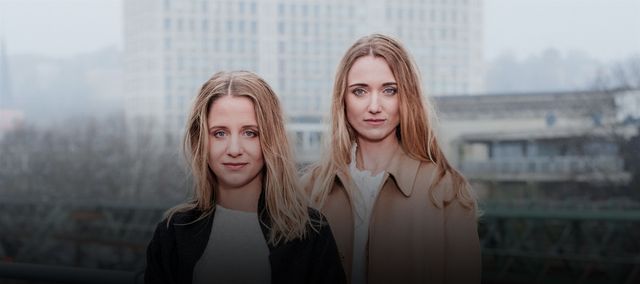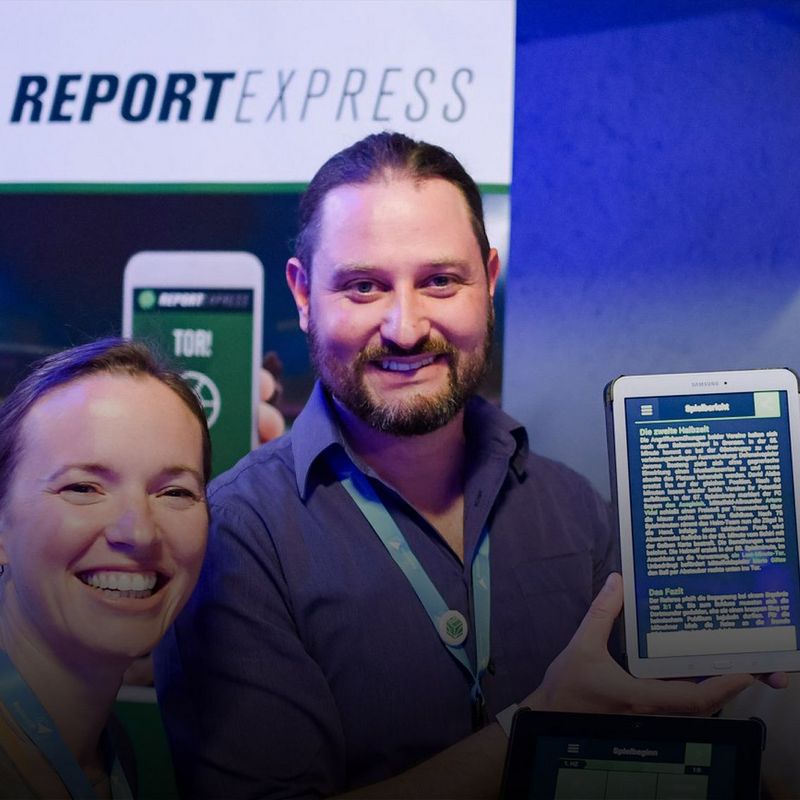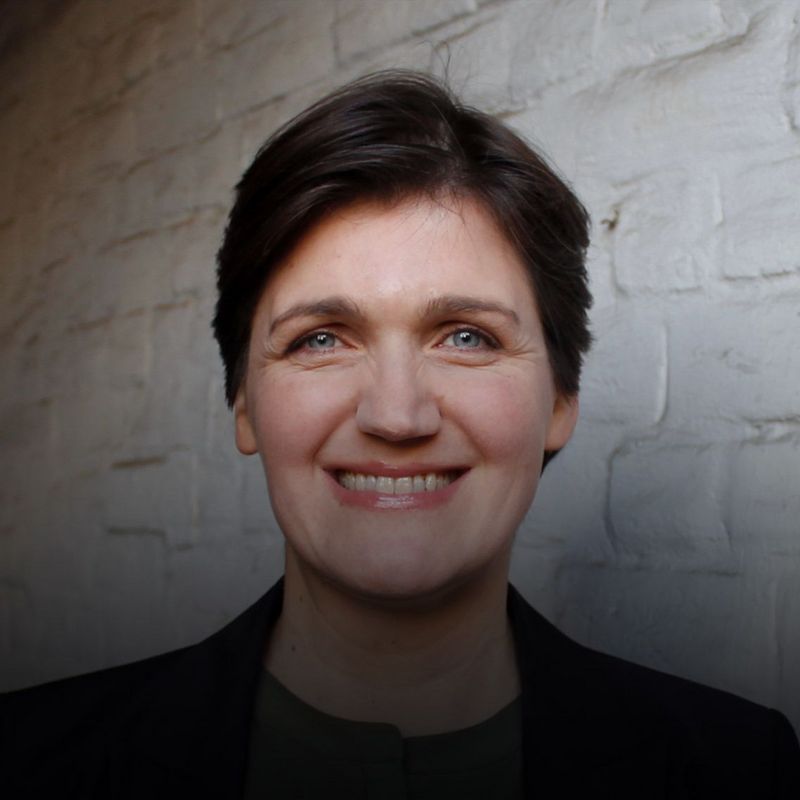05 March 2020
Plastic slippers, plastic toothbrushes, plastic packaging for honey and jam: although hotel guests can enjoy comfortable nights and good food, this often comes at a cost to the environment. And it’s to change this that Franziska Altenrath and Alexandra Herget have stepped up to the plate. With their start-up, TUTAKA, their aim is to bring more sustainability to the hospitality industry.
Name:
Franziska Altenrath
Age:
29
Occupation:
Co-founder
Website:
www.tutaka.com
What is TUTAKA?
TUTAKA is a platform for sustainability in the hotel and catering industry. The hotel, catering, events and festivals industries can come to us for solutions as they transition to higher levels of sustainability.
How did the idea come about?
Before we launched TUTAKA, my co-founder Alexandra Herget worked in hotel concept development. In her work, she became increasingly aware of the huge quantity of throwaway items which don’t in themselves even contribute to giving guests a positive experience. The plastic slippers typically found in hotel rooms epitomise the major problems the industry faces. And so she decided to pick up the phone to me. Together we went on to develop TUTAKA.
"Supply chains are based on the cheapest materials and the lowest wages. Not only is this bad for the environment and people, it also does absolutely nothing positive for guests and employees."
The world needs TUTAKA because ...
Supply chains are based on the cheapest materials and the lowest wages. Not only is this bad for the environment and people, it also does absolutely nothing positive for guests and employees. And this is what the hospitality industry should ultimately be about.
How and at what levels can hotels or festivals become more sustainable?
In hotels and restaurants, as at events and festivals, people are ready to try out new things. They want to be looked after and inspired. And this is what sustainability is all about. Instead of viewing sustainability management as something separate from the design of a product or service, the two areas should go hand in hand. Added to this you have the potential to use sustainability to create a strong employer brand. This is a real advantage, especially in the hospitality industry, where staff turnover is higher than in almost any other sector. Social aspects are often neglected in the debate on sustainability. However, a healthy organisation is the key to efficient and effective sustainability management.
How has TUTAKA developed since its foundation in 2018, and what will happen in the next few years?
We now offer more than 200 sustainable products in our marketplace, such as work clothes made of recycled ocean waste or waterproof festival tents made of cardboard. Our hotel slippers made from recycled PET bottles, dry soap dispensers, festival wristbands and organically certified hotel cosmetics are particularly in demand. We’re now consistently expanding our product range and will soon be venturing even further into the digitalisation field. We’re continuing to develop our agency services and growing as a team.
"We’re consistently expanding our product range and will soon be venturing even further into the digitalisation field."
And the biggest challenge is...
... not to lose focus. There are so many great products and services. We need to focus on the best of them and iron out the wrinkles in our processes. Because there’s one thing we’re sure of: anyone who becomes aware of the huge range of possibilities will also go on to implement them. In this way, we can help to gradually transform the industry.
Which digital product has yet to be invented?
Technologies that promote diversity rather than conformity and enable real dialogue. We need to get out of our little bubbles of isolation and show more humanity and solidarity with each other. To change the narrative into a humanitarian one. This is the only way for a society to starve its hate groups by denying them new recruits. This kind of digital product probably isn’t going to be a magic bullet. Which is why there also need to be alternative financing mechanisms that give non-profit companies access to financial resources. This would be another interesting area for digital solutions.
And which products can you do without?
Alexa and smartwatches.
How smart is your home?
I try to keep my apartment as technology-free as far as possible. But I also get the attractiveness of being able to control my heating and washing machine on the go.
Would you like a household robot?
No.
Which technical application will always remain a mystery for you?
The German railways app – although I’ll admit that it has changed for the better in many ways.
When were you last offline for 24 hours?
Probably on my trip to the Himalayas last year.
A holiday without Wi-Fi: Is that a dream or a nightmare?
Both somehow. I like being connected. I like my job, and, unlike the vast majority of people, I have a very positive take on the future. Maybe because we’re dealing with so many humanitarian and visionary organisations and people. I draw a lot of strength from this. I probably feel this strength most intensely when I'm offline in remote places and communicating with people who come from a completely different context but have the same questions as me.
In the #explore format we’re giving a regular voice to exciting and inspiring people from the digital scene: researchers, bloggers, start-up founders, entrepreneurs, hackers, and visionaries.


